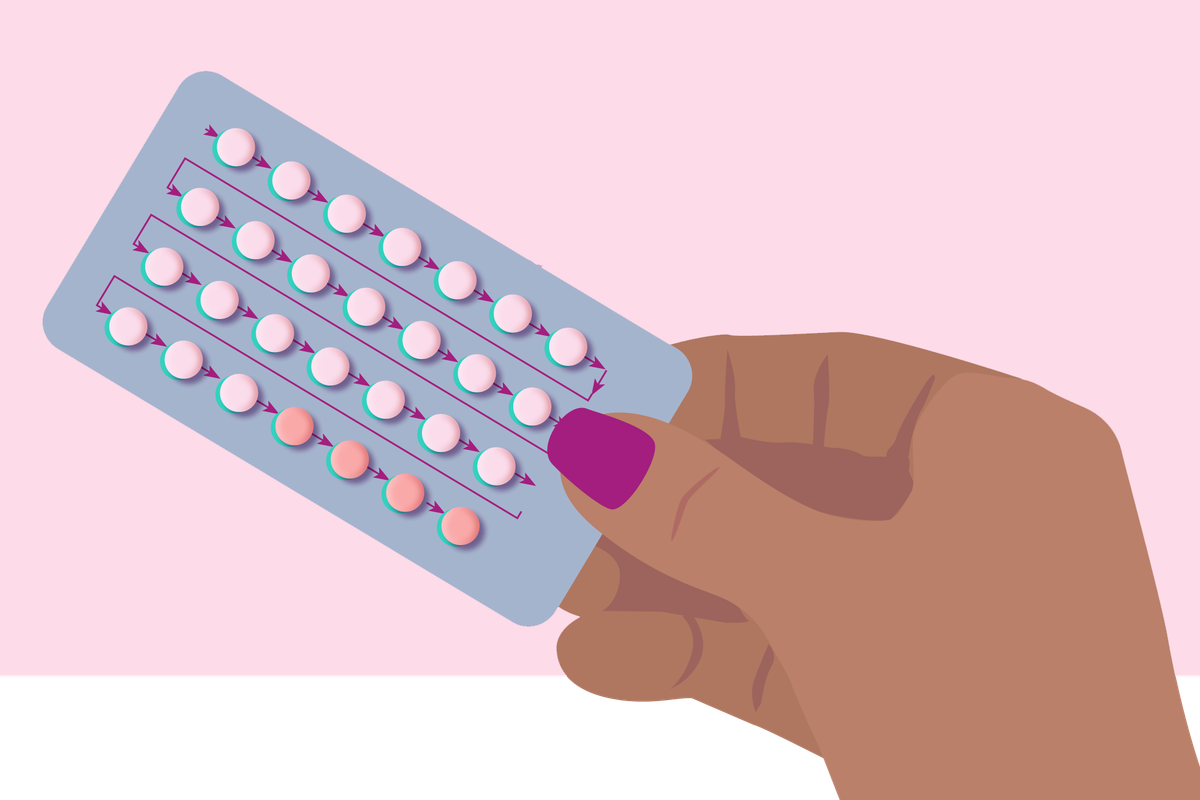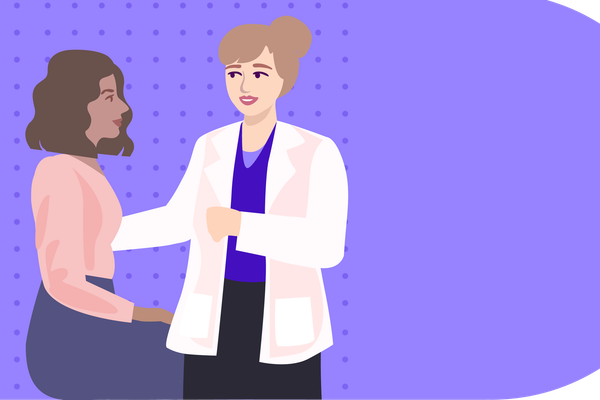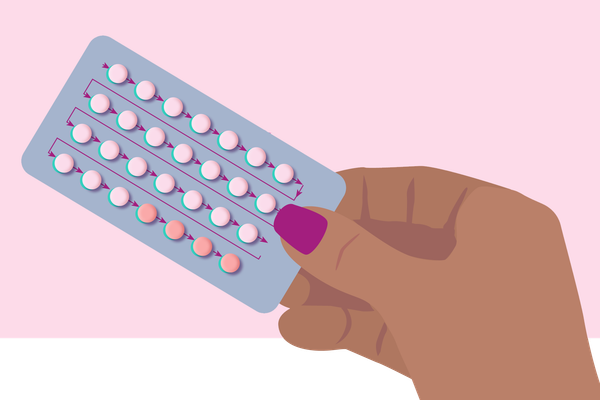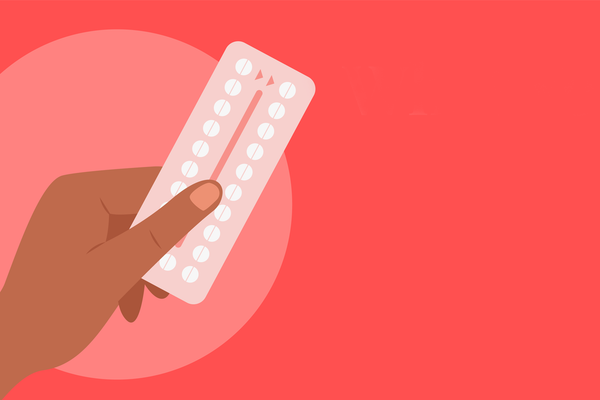Slide 1
Estrogen-Free Birth Control Pills
Can’t take estrogen or prefer not to? No worries. Here’s what you need to know about estrogen-free birth control pills.
Slide 2
Combination Birth Control Pills
Combination birth control pills have estrogen and progestin. But not everyone can take estrogen. This includes people who smoke or have/have had:
- A blood-clotting disorder
- Breast cancer
- Heart disease or stroke
- Migraine disease with aura
- Uncontrolled high blood pressure
- Liver disease
Slide 3
Estrogen-Free Birth Control Pills
If you can’t take estrogen, or prefer not to, one option may be an estrogen-free pill that only contains progestin, a form of progesterone. These birth control pills are taken daily.
Slide 4
Estrogen-Free Pills Have Fewer Side Effects
Most of the side effects of combination pills are caused by estrogen. So, pills without it cause fewer problems. Even women who are nursing may be able to take estrogen-free pills. (If you’re breastfeeding , you should avoid estrogen, because it can decrease your milk supply .)
Slide 5
Progestin Helps Prevent Pregnancy
Progestin may stop your ovaries from releasing eggs. But the main way progestin works is by thickening the cervical mucus to keep sperm from reaching an egg and by thinning the uterine lining.
Slide 6
Age Matters with Oral Contraceptives
Although many older women can take combination pills, estrogen-free pills may be safer if you are over 35 years old and you smoke or have medical issues that make taking estrogen risky, such as heart disease.
Slide 7
Consistency Is Key
It’s important to take estrogen-free birth control pills at the same time every day. While you should try your best to take your estrogen-free birth control pill every day, some pills have a 3-hour window, and one newer option has a 24-hour window if you forget.
Slide 8
More than Just Birth Control
Estrogen-free birth control pills can help ease several health issues. Many women take them to help manage:
- Heavy periods
- Endometriosis
- Premenstrual syndrome
- Anemia
Estrogen-free pills may also reduce the risk of endometrial cancer (cancer of the uterine lining), ovarian cancer and colorectal cancer.
Slide 9
Birth Control Pills Do Not Protect Against STIs
Oral contraceptives, like estrogen-free birth control pills, do not protect against sexually transmitted infections (STIs) , including HIV . Using condoms is the best way to reduce your chances of getting STIs.
Slide 10
Talk to your healthcare provider if you have questions about your birth control needs and what is best for you.
This resource was created with funding support from Exeltis, USA.
- How Hormonal Contraception Works ›
- How to Switch to Estrogen-Free Birth Control Pills ›
- Birth Control Side Effects That Aren't Normal ›
- Clinically Speaking: Questions to Ask Your HCP About Birth Control Methods ›
- Hormonal vs. Non-Hormonal Contraception: What’s the Difference? ›






